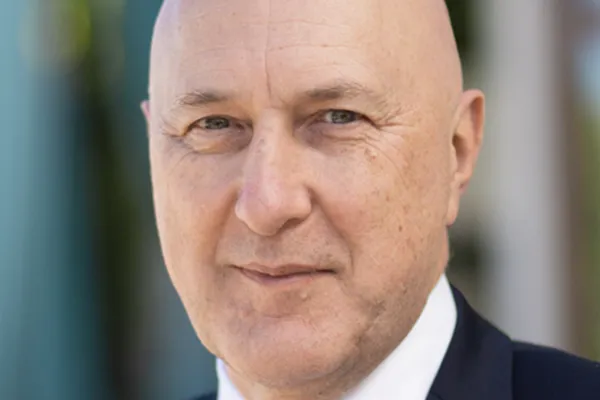It was a crazy week for me down on the avenue of giants. See if you can spot the reason why:
- In-Sourcing: It’s now official: In-sourcing asset management does in fact lead to financial outperformance versus a benchmark of peers. How do we know? CEM collected a new data set of 6,600 Giants over a 21 year period (1992 to 2013) in which it showed that “investing in investing” does, in fact, pay off.
- Selfie: The University of California will launch, with the support of the White House, an innovative climate solutions vehicle to back green energy companies. As a long-term investor with a strong belief about the shape of future energy markets, it would be imprudent NOT to try to manage the risks associated with an eventual energy dislocation through some sort of exposure, vehicle or allocation as part of our broadly diversified portfolio. So ... onward!
- Infrastructure: The US Treasury says CalSTRS will soon launch its big syndicate of US pensions to invest in local infrastructure. To be honest, since CalSTRS made the announcement with the White House back in September, I haven’t heard a peep among US public pension funds, which is a bit surprising. You’d think that a U.S. version of IFM — which is what they are shooting for apparently — would have found its way into the inboxes of at least a few of my friends. Fingers crossed something actually comes of all this ...
- Sheep & Wolves: The QIC’s transition from limited partner to general partner is nearly complete.
- Re-Intermediation: Canada’s CDPQ is launching a JV to tap into Israel’s technology industry.
- Compensay What? This Financial Times article highlights the “important” trend of pension fund CEOs making too much money. It doesn’t matter that one could cherry pick a similar list of hedge fund CEOs that get paid, quite literally, one thousand times more (1000x) than these pension CEOs — or that the only way you can bring down the compensation of the latter is to empower the former with highly talented people. Forget all that. Instead, we are meant to be very concerned that some pension employees are receiving generous compensation. Naturally, then, we should consider paying these pension employees less, right? But if we do that, will we have less qualified and talented in-house teams? Will the “reasonable” compensation packages lead to more pensions outsourcing due to a lack of talent in house? Will pensions be forced to work with intermediaries whose negotiating power is increasing thanks to the widening skills gap? Will the profits going to these intermediaries jump because they can get away with far more from unsophisticated pensions than they could when these “over-paid pension CEOs” were running the show? Will the number of financial intermediaries explode to capture some of the additional profits flowing out of pensions into intermediaries? Will the entire size of the industry end up growing? Sigh. Just a few questions to answer before we get too worried about pension compensation ...
Have a great weekend!






